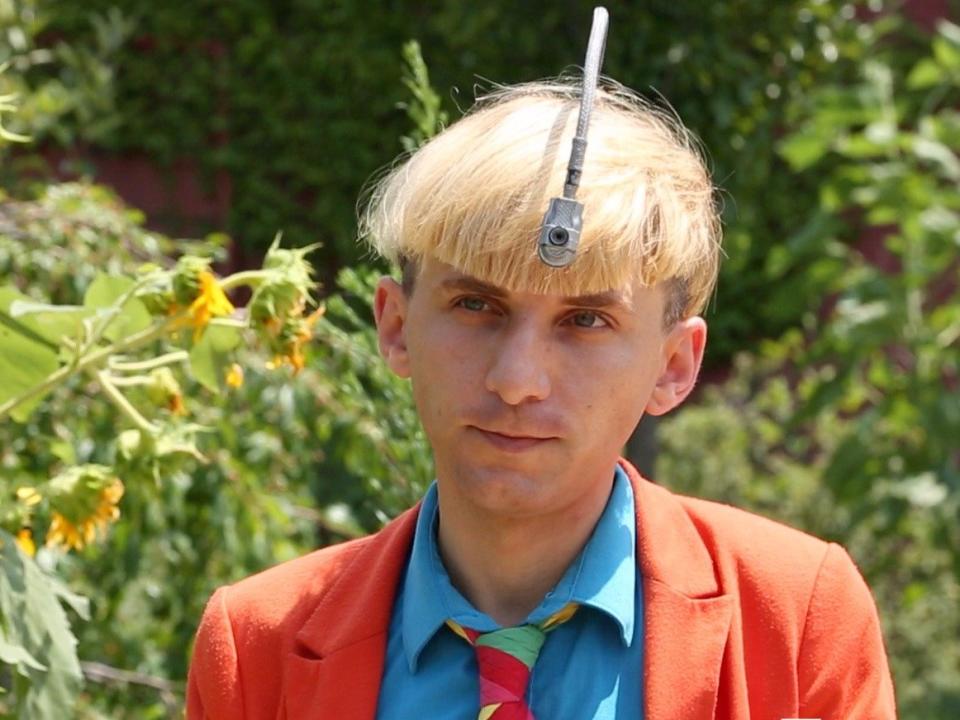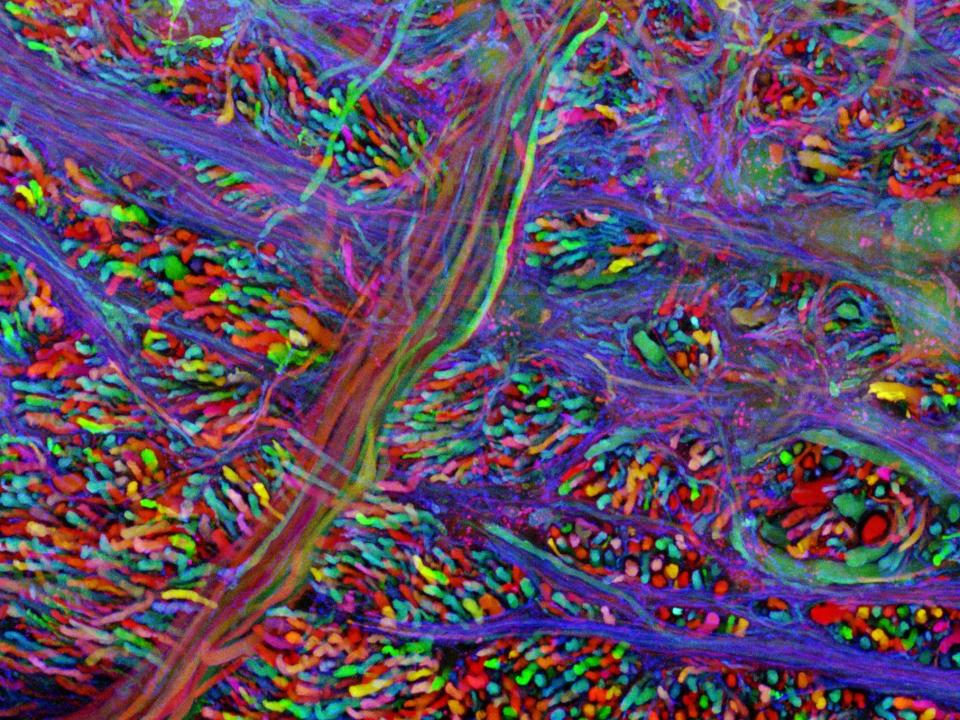Ray Kurzweil thinks we’ll all be cyborgs by 2030

Ed Schipul/Flickr
Ray Kurzweil at Exponential Finance conference.
Imagine being able to access all of Wikipedia just by thinking about it. It sounds like science fiction now but futurist and Google engineer Ray Kurzweil thinks that reality is just a few years away.
At the Exponential Finance conference on June 3, he predicted that humans will be cyborgs by 2030, according to CNNMoney.
“Our thinking then will be a hybrid of biological and non-biological thinking,” Kurzweil said. “We’re going to gradually merge and enhance ourselves. In my view, that’s the nature of being human – we transcend our limitations.”
Kurzweil predicted that, in just 15 years, humans will actually be part human, part computer. Think wearables on crack: With the help of tiny nanobots made of DNA, he says our mind will be able to connect to the cloud.
DNA nanobots, which he says are less likely to be rejected by the body’s immune system than traditional hardware, have been shown to target and destroy cancer cells, and have been used to store data.
But Kurzweil thinks that this growing technology could allow emails and videos to be sent directly to the brain, or even allow us to back up our thoughts and memories.

Will Wei, Business Insider
Cloudy with a chance of cyborgs, like Neil Harbisson.
“Twenty years from now, we’ll have nanobots, because another exponential trend is the shrinking of technology,” Kurzweil explained in an 2014 Ted talk about growing beyond our brain’s physical limitations. “They’ll go into our brain through the capillaries and basically connect our neocortex to a synthetic neocortex in the cloud providing an extension of our neocortex.”
Um… really?
Kurzweil’s predictions come with caveats, and even a few warnings. Even if this is possible, having our minds completely melded with the internet opens them up to issues like hacking and other security concerns.
Imagine how dangerous a computer virus or hacker would be if our minds were connected to the internet: Our memories and most intimate details could be stolen or corrupted.
So is the potential benefit worth the risk? Kurzweil seems to think so: “As I wrote starting 20 years ago, technology is a double-edged sword,” Kurzweil said. “Fire kept us warm and cooked our food but also burnt down our houses. Every technology has had its promise and peril.”
Is this technology even possible?

Jeff Lichtman/Harvard University via WBUR
The brain. It’s complicated.
While the idea that technology is constantly improving exponentially sounds true on the surface, that’s not going to be the main issue when it comes to getting our brains online.
Scientists warn that we have barely even scratched the surface of understanding how our own minds work, much less connect to the internet with them. To think we can infiltrate or link these biological machines with the cloud is fundamentally unsound, some researchers say.
“Theories like Kurzweil’s are at odds with biology,” Robert Breezing, the author of “Psychotherapy of Character,” wrote in Psychology Today. “This always lead to magical thinking and false beliefs. Kurzweil is the same guy who believes that he can bring his father back from the dead. That will not happen. This is an anti-biological fantasy.”
Does that mean it won’t happen?
Kurzweil’s made some hard-to-believe predictions before. So far some of them have turned out to be true, about 86% of them according to his own calculations.
He predicted a machine that would beat a human in a game of chess — which happened in 1996.
But his prediction that self-driving cars would be a common sight by 2009, and while that still has yet to happen, self-driving cars do exist and people do believe it’s a very real possibility they’ll make it into people’s driveways soon.
Kurzweil may just be completely out to lunch when it comes to the brain, though.
NOW WATCH: This real-life cyborg has an antenna implanted into his skull
Read more stories on Business Insider, Malaysian edition of the world’s fastest-growing business and technology news website.


